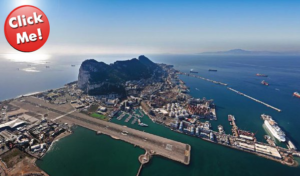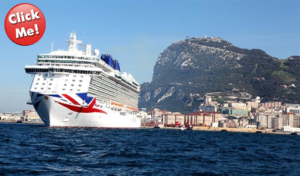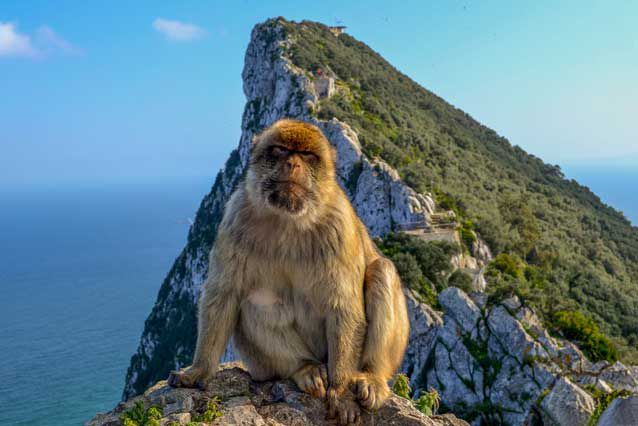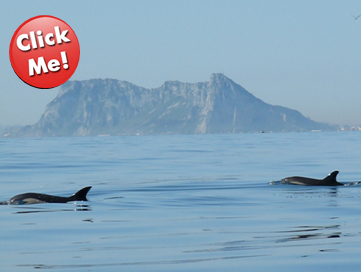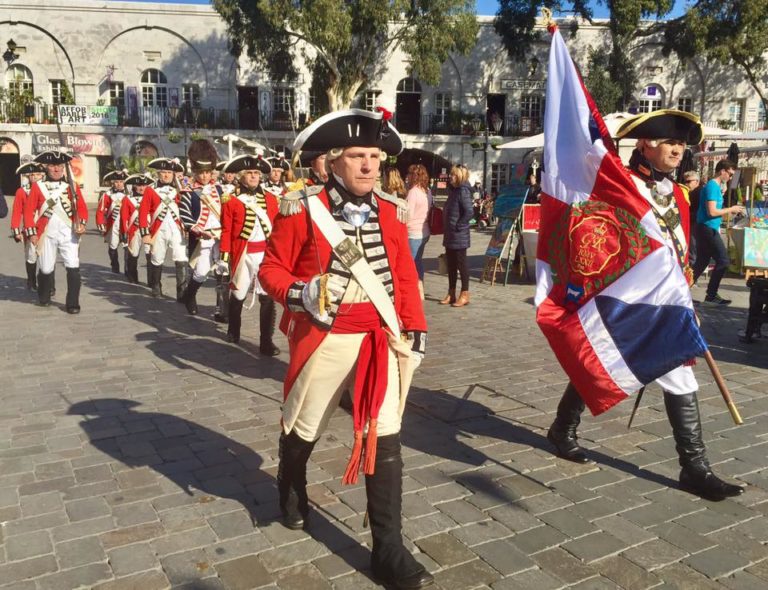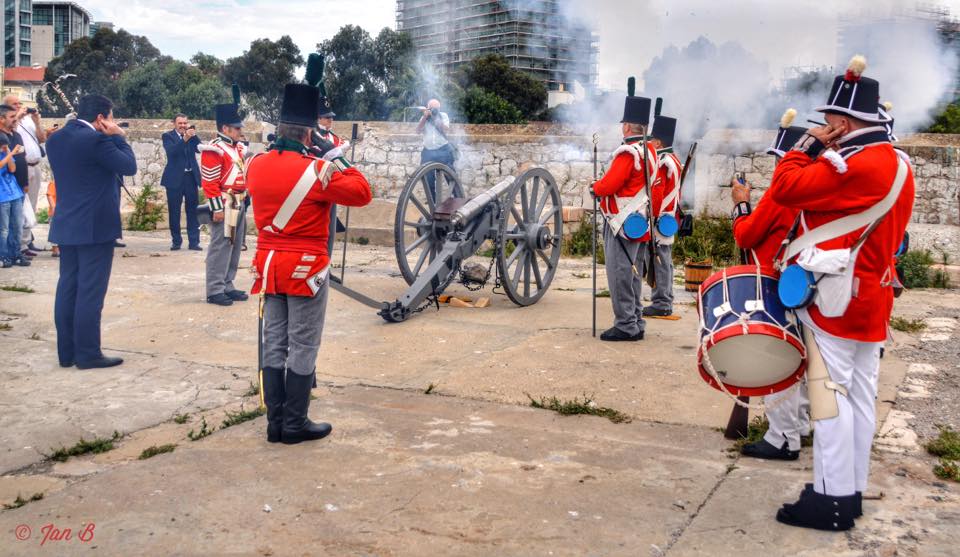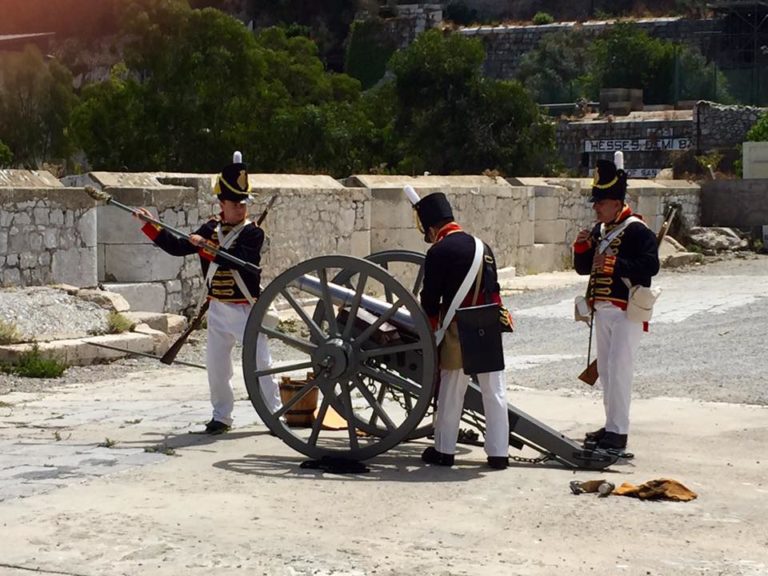About Special Ops Gibraltar
Special Ops Gibraltar (SOG) is your local activity provider with a forward thinking vision to expand activity-led-tourism with cannot-do-at-home activities in and around the Fortress of Gibraltar. Having stated that we have hosted a a corporate event in London as some of our activities can be hosted internationally and remotely. The local activities we offer are unmatched globally because the stage has already been set with our historical patronage.
The Rock of Gibraltar offers the backdrop for our activities and spy missions, combining natural and military history, a cultural mix rarely found around the world, high-end culinary variety, tax free retail, sun, sea and casino entertainment. A unique feature is that you can walk across our runway. Albeit you arrive by air, sea or land you can be sure we will provide you an experience you will never forget.
Gibraltar boasts of it’s own international airport and although a two hour drive from Malaga Airport direct flights have been scheduled from: London Gatwick (LGW), London Heathrow (LHR), Luton (LTN), Manchester (MAN), Birmingham (BHX), Bristol (BRS), Tangier (TNG), Casablanca (CMN). More info on www.gib.flights
Gibraltar is a peninsula, meaning two thirds of which are beautiful coastlines and beaches. Albeit, you love or hate the sand, we have both options for you. Being the key to the Mediterranean we are a port of call to all Med cruises.
The Rock is also the home of Miss World ’09 Kaiane Aldorino now Mayor of Gibraltar.
Where would we be without our beloved apes?
Living semi-wild, these primates interact with their human cousins on a daily basis. If undisturbed you can witness their remarkable natural behaviour.
This ape species are tailless monkeys called Barbary Macaques. These can be found in Morocco and Algeria, yet those resident of Gibraltar are the only ones that live wild.
Our resident dolphins are worth a boat trip to see. #SOG takes it a step further and can add dome adventure by taking you out on a speedboat. We can also take you round the rock to see all the beaches and Gorahm’s Cave where Neanderthals are last known to have sort refuge in Gibraltar 32,000 years ago, Snorkelling is also an experience you should not miss out on, especially around our secret WWII Ammunition Jetty (weather permitting).
Military ceremonial events such as the Changing of the Guard and the Ceremony of the Keys are performed by the Gibraltar Re-enactment Association exactly as centuries before, but also by our resident battalion the Royal Gibraltar Regiment.
It is a story that begins at least as early as the Stone Age, the first Neanderthal skull ever discovered was found here in 1848 which should it have not been stored away in a cupboard, the species would have had Gibraltar connotations.
Since men first braved the sea, the Bay of Gibraltar has sheltered ships and sailors. The ancient Greeks saw Gibraltar as the limit to the known world. To pass beyond it was to sail to certain death falling off the edge of the earth. Many findings have been found of offerings made to the Gods by these and other civilisations such as the Phoenicians and Carthaginians in the many caves along Gibraltar’s shorelines.
Seven hundred years after the birth of Christ, the Arab leader Tarik-Ibn-Zeyad conquered the Rock and named it Jebel-Tarik (Tarik’s mountain).
Since then Gibraltar has been an important military and naval base and has changed hands many times during the following eight centuries of Arab occupation in Spain. In the early part of the fourteenth century Spanish forces occupied Gibraltar for twenty-four years; yet in 1333 it once again reverted to the Moors after a bloody eighteen week siege.
The Rock did not finally become Spanish until 1462 when the Duke of Medina Sidonia recaptured it.
In July 1704, whilst amassing a large combined fleet of British and Dutch warships off Tetuan (Morocco), Admiral Sir George Rooke saw an opportunity to capture the Rock. Over 15,000 rounds of shot and shell were fired together with strategic landings by British marines and sailors was enough to persuaded the surrender of the mighty Rock. Needless to say; that through the ages espionage and counter espionage has been used to gather critical intelligence for timely command decisions which has shaped Gibraltar’s history.
Since that day, the Rock has played an important and strategic part in some of the most famous episodes of British history. During the American War of Independence, the combined forces of the mighty France and Spain besieged the fortress of Gibraltar for a long four and a half years. The body of Nelson, preserved in a barrel of rum, was brought to Gibraltar after his magnificent victory at Trafalgar and during the Second World War the Rock was a key factor in British victories in the Mediterranean and more recently a last stop for repairs and rearmament on route to Argentina, Syria, Pakistan etc.
